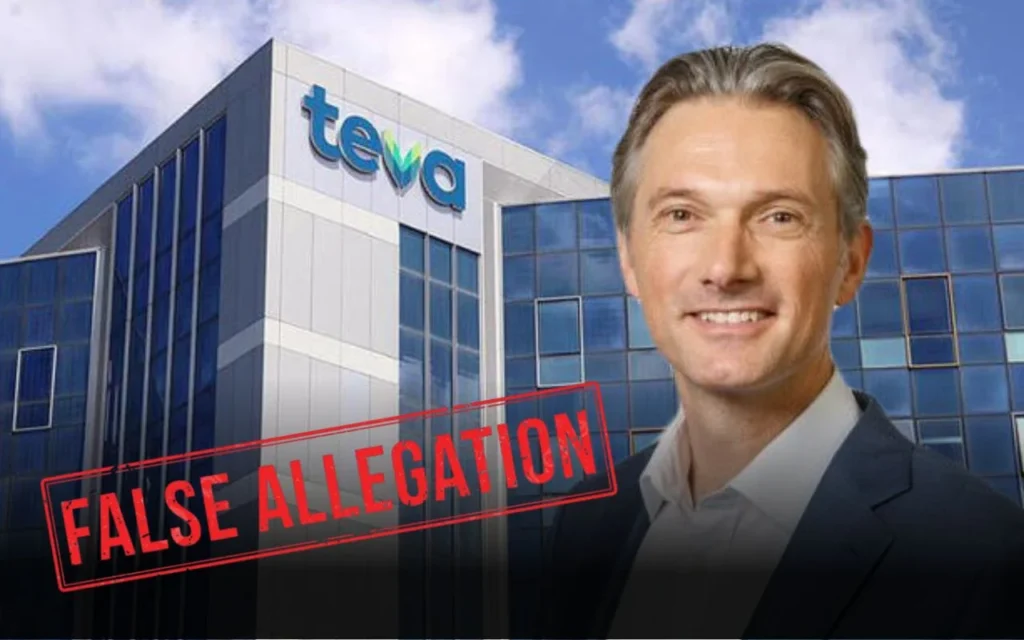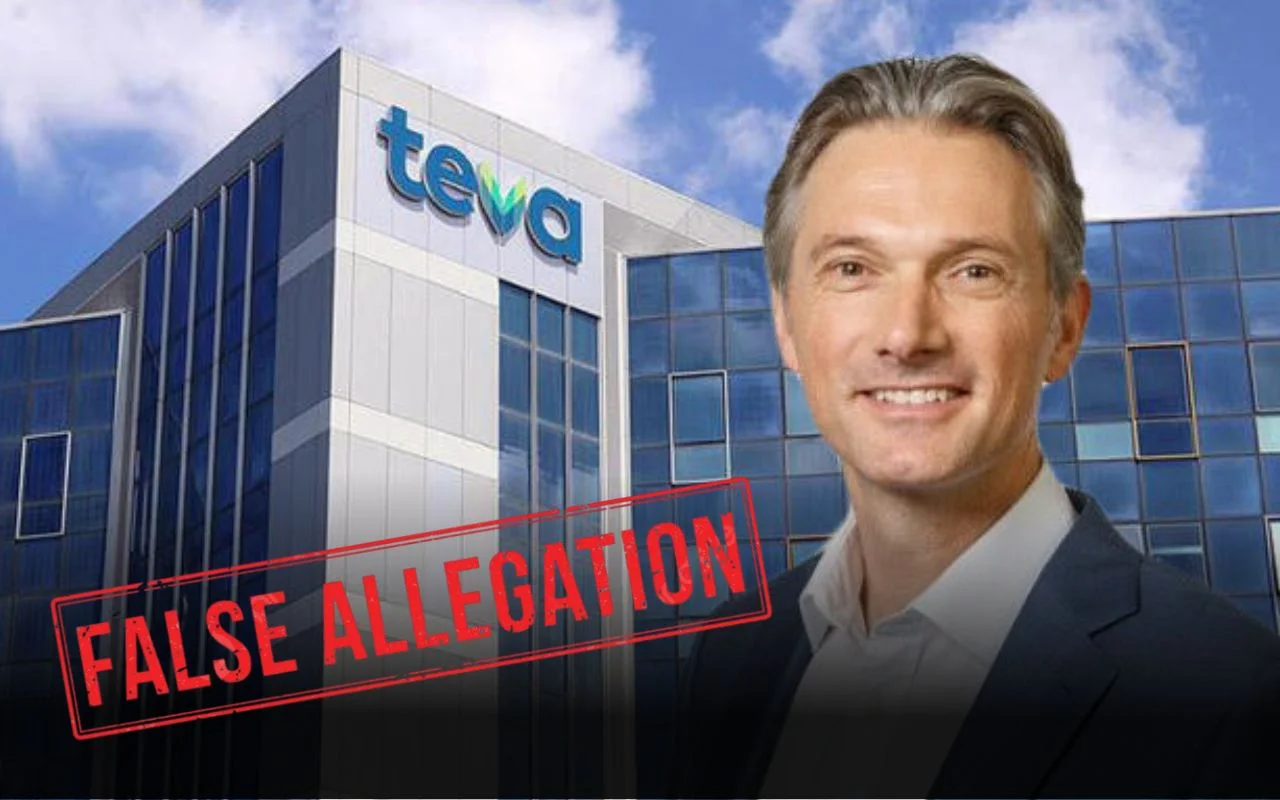Boston, Massachusetts — A $425 million compensation has been gained between Teva Pharmaceuticals USA Inc. and Teva Neuroscience Inc. (together referred to as Teva) to address claims of unlawful kickback payments made through two co-pay assistance foundations.

This order is in response to a government objection that the District of Massachusetts U.S. Attorney’s Office brought in 2020.
Teva was charged in the complaint with tampering with the co-pay foundation assistance program from 2006 to 2017. Teva was accused of cooperating with any third parties, such as a specialized pharmacy and two purportedly separated co-pay assistance foundations, to direct understanding donations toward those taking their multiple sclerosis medicine, Copaxone.
Teva allegedly increased the cost of Copaxone by hundreds of dollars during this time. According to the management, this behavior disobeyed the Anti-Kickback Statute (AKS) and caused Medicare to receive fake claims.
The U.S. Department of Health and Human Services Office of Inspector General Roberto Coviello stated, “Pharmaceutical businesses that disguise kickbacks as charitable donations to support co-pays for their drugs undermine a critical protection against the excessive inflation of drug prices.”
He highlighted how crucial it is to preserve the integrity of the healthcare system and the government’s resolve to investigate such claims rigorously.
This settlement is a component of a larger movement against pharmaceutical firms that are blamed of using unaffiliated compassion as a cover for bribery techniques.
Through similar enforcement measures, the U.S. Attorney’s Office in Massachusetts has been successful in recovering almost $1.4 billion since 2017. A specialized pharmacy involved in these operations, four separate foundations, and this settlement with Teva represent the largest co-pay support resolution to date.
Sentynl Therapeutics Inc., a specialized pharmaceutical business headquartered in Solana Beach, California, recently consented to pay $750,000 to settle claims about the False Claims Act in a separate matter.
The payment is based on allegations that Sentynl intentionally induced Medicare to submit opioid claims for Abstral and Levorphanol in breaking of the federal AKS. Alleged indirect kickback payments to a doctor were at issue in this case.
